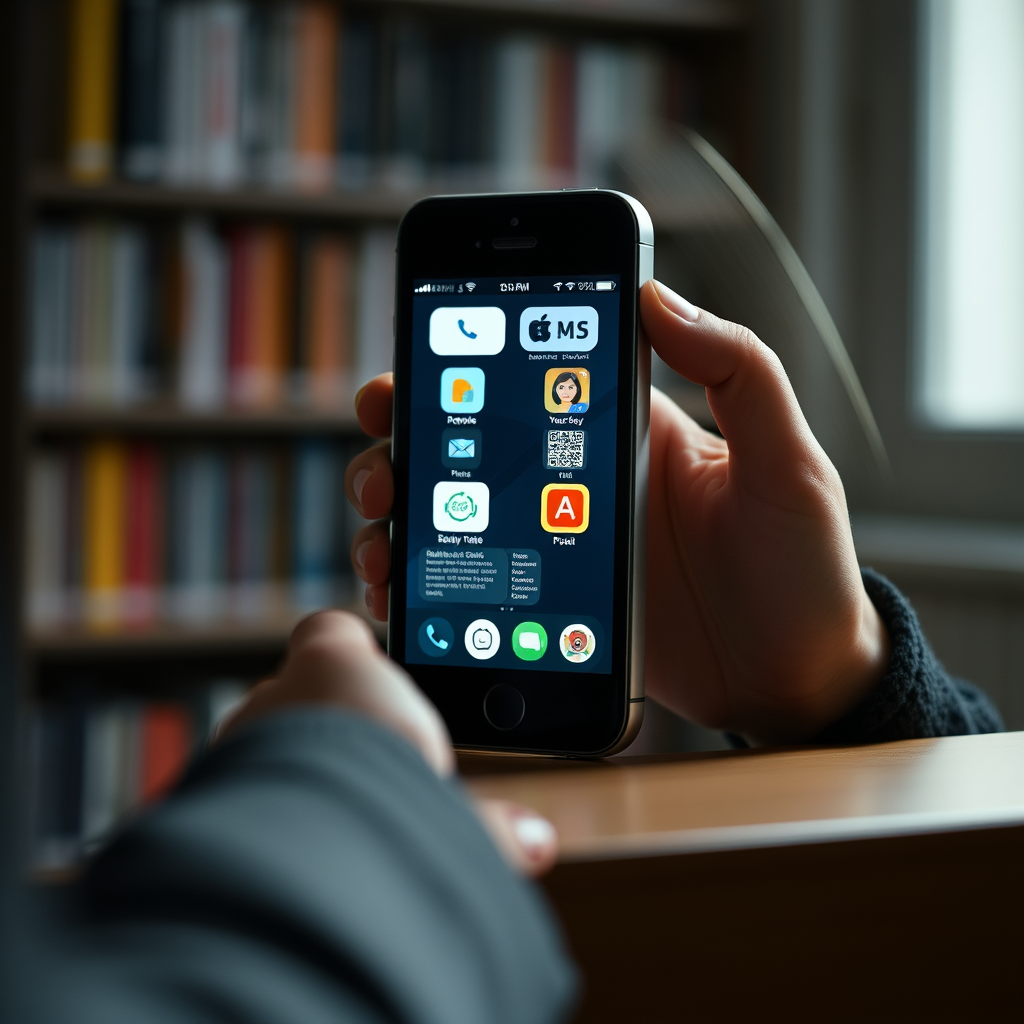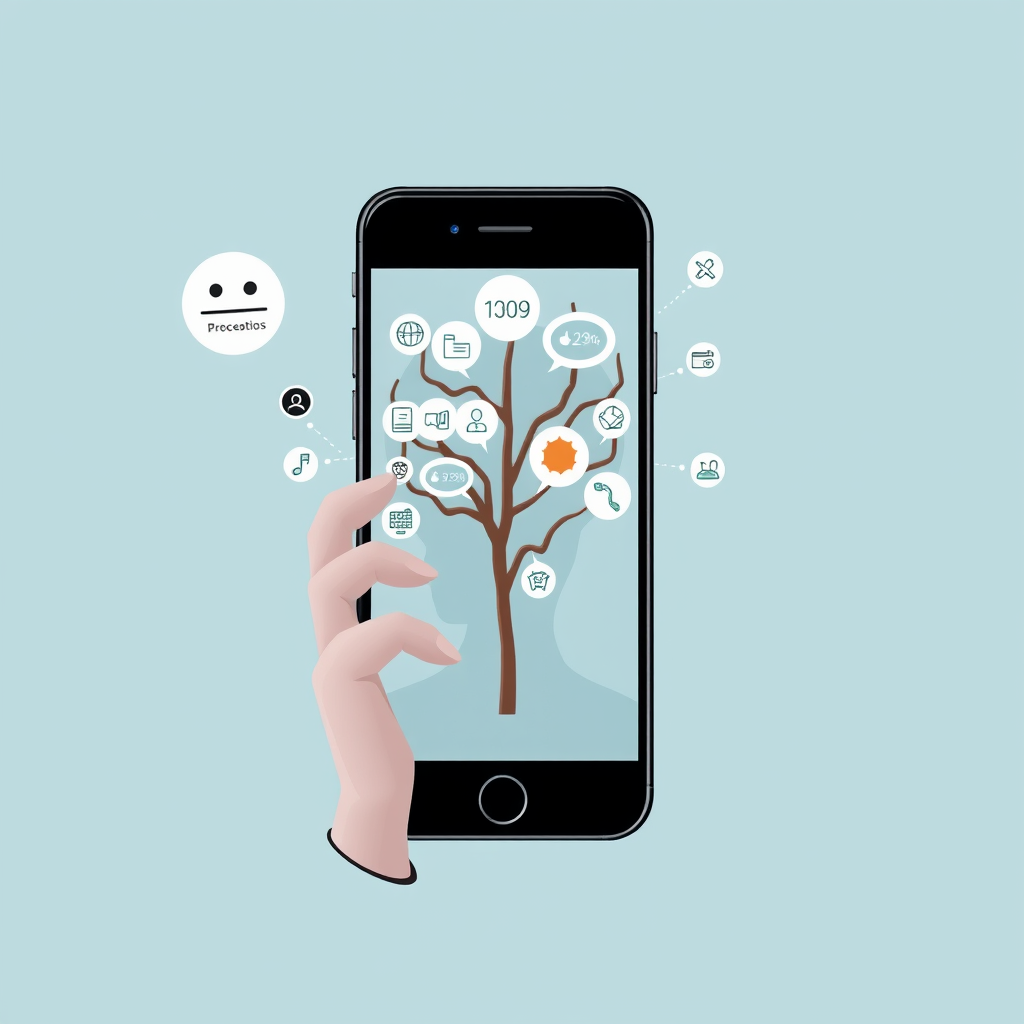The Master Emotional Comfort Of Mobile Phones And Devices
Why We Are Drawn to Our Mobile Phones
The Love of the Mobile Phone & Why It Takes Place
Mobile phones are more than just devices—they are extensions of our lives, connecting us to the world in ways never before possible. Whether it’s staying in touch with loved ones, accessing endless information, or enjoying entertainment, mobile phones have become indispensable. But why do we feel such a strong attachment to them? What psychological and social factors fuel our love for smartphones?

The Psychological Reasons Behind Mobile Phone Attachment
Instant Communication and Social Connectivity
Humans thrive on connection, and mobile phones facilitate instant communication, making us feel more socially engaged. Texting, social media, and video calls strengthen relationships by allowing people to interact in real-time, reducing the sense of distance between individuals. Psychological studies suggest that maintaining strong social bonds enhances emotional well-being, reinforcing the attachment to mobile phones.
The Dopamine Effect – Why Phones Feel Rewarding
Mobile phones activate the brain’s reward system. Every notification, text, or like on social media triggers a release of dopamine—the neurotransmitter responsible for pleasure and motivation. This reinforcement mechanism keeps users engaged, as the anticipation of new content or communication creates a cycle of excitement and satisfaction.

The Role of Mobile Phones in Personal Identity
Self-Expression Through Digital Platforms
Smartphones are personalized tools that allow individuals to express themselves through social media, photography, and messaging. Profiles, posts, and digital content shape online identities, enabling people to present their personalities, interests, and beliefs. Psychological research highlights that self-expression contributes to confidence and personal identity, making mobile phones integral to self-definition.
The Comfort of Familiarity and Habit Formation
Because mobile phones are always within reach, they become part of daily routines and habits. Studies in behavioral psychology show that repeated exposure to technology fosters familiarity and emotional attachment. Whether checking messages upon waking up or scrolling before bed, these habitual interactions strengthen the psychological bond with smartphones.
The Cognitive Benefits of Mobile Phones
Instant Access to Information and Learning
Smartphones serve as encyclopedias, providing immediate access to knowledge. Educational apps, search engines, and podcasts enable continuous learning, stimulating intellectual curiosity. Psychologists argue that having information readily available enhances problem-solving skills and cognitive flexibility, making smartphones a powerful tool for mental engagement.
Enhancing Productivity and Organization
Many individuals rely on mobile phones for scheduling, reminders, and task management. Organizational tools such as calendars, note-taking apps, and AI assistants contribute to efficiency, reducing stress and increasing productivity. Psychological studies suggest that structured routines improve mental clarity, making smartphones essential for maintaining order in daily life.
The Emotional Comfort of Mobile Devices
A Source of Relaxation and Stress Relief
Mobile phones provide entertainment, distraction, and stress relief. Whether listening to music, watching videos, or playing games, these activities promote relaxation and mental rejuvenation. Research in psychology indicates that engaging in enjoyable digital experiences reduces anxiety and improves mood, strengthening the emotional connection to smartphones.
The Safety and Security Factor
Mobile phones offer a sense of security, providing instant access to emergency services, GPS navigation, and real-time updates. Feeling connected to the outside world creates psychological reassurance, reducing feelings of isolation or vulnerability. This safety net enhances trust in smartphones as essential life tools.

The Expansion of Mobile Phone Culture
Social Validation and Digital Presence
Modern technology allows individuals to receive social validation through likes, comments, and digital interactions. Studies show that the ability to gain instant recognition for thoughts, ideas, and images fosters a sense of belonging. This constant feedback loop contributes to the emotional connection people have with their mobile devices.
Smartphones as Tools for Creativity
Beyond communication, mobile phones serve as creative outlets. Apps for photography, music production, digital art, and video editing empower users to express themselves. Psychological research suggests that creativity enhances well-being, making smartphones not just devices for consumption but tools for innovation and self-discovery.
The Future of Human-Phone Relationships
As technology continues to advance, the connection between humans and mobile phones is expected to deepen. AI-driven personalization, virtual reality, and expanding digital ecosystems will further integrate mobile devices into daily life. Understanding the psychological attachment to smartphones can help individuals balance technology use with mindful living.
Conclusion
The love of mobile phones is deeply rooted in psychology, driven by social connectivity, reward mechanisms, cognitive engagement, and emotional comfort. As technology continues to evolve, our attachment to smartphones will only strengthen. Understanding why we feel connected to mobile devices allows us to use them mindfully, balancing digital benefits with real-world interactions.
Join the Discussion
How do mobile phones shape your daily life? Do you feel attached to your device in ways you didn’t expect?








I really appreciate this post. I’ve been looking all over for this! Thank goodness I found it on Bing. You have made my day! Thank you again!